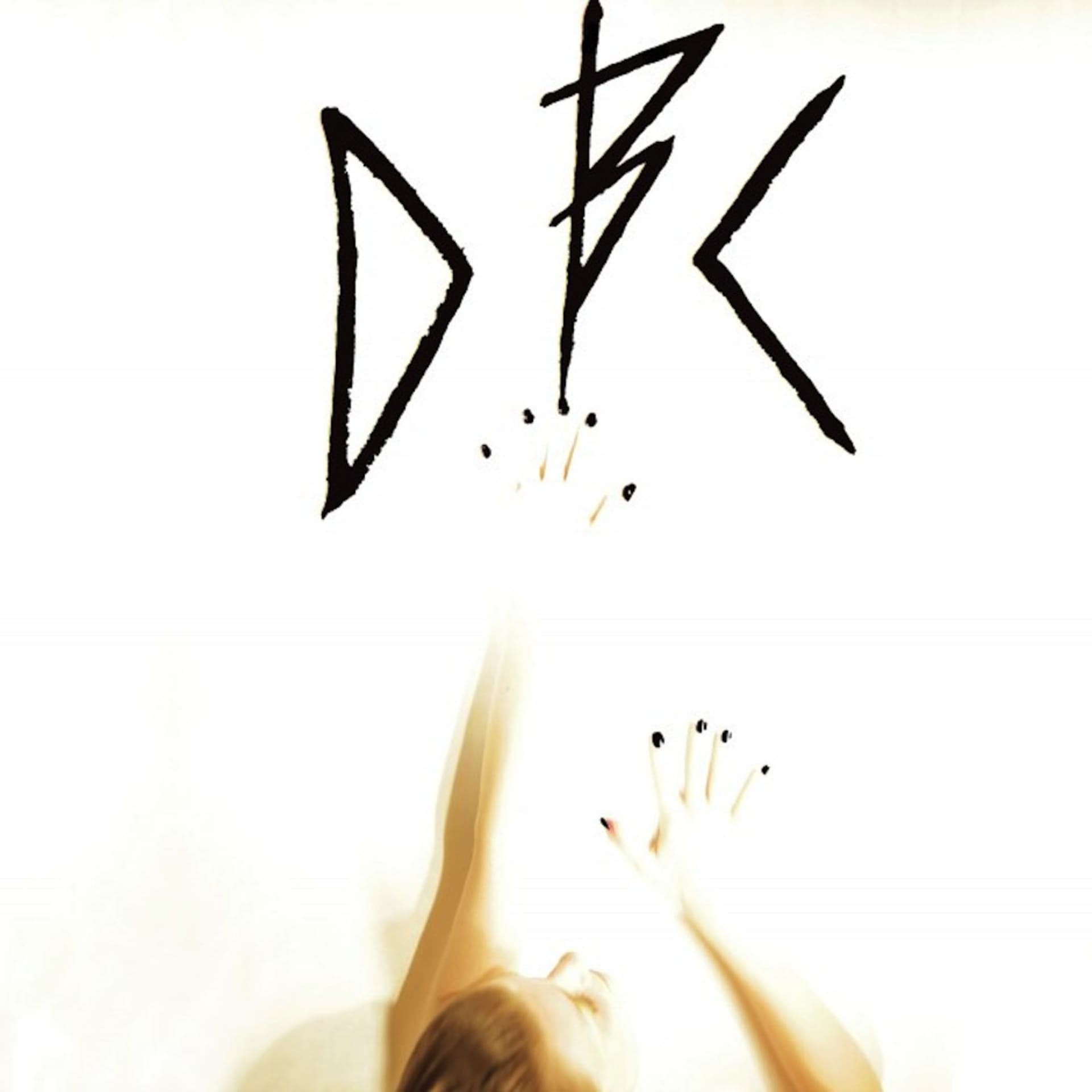
The G Word: Daniel Jones recommends DBC’s Pris
The Portland quartet conjure up the gauzy decadence of New Romanticism and the post-post-punk arrogance of electroclash, with former Heroin and Antioch Arrow Aaron Montaigne’s über-darq vocals at the helm.
“If you like X, you’re gonna love the shit out of Y” is the sort of statement usually preceded by being sent something unfortunate. I get why people would want to pass their Sisters of Mercyisms and minimal meanderings on to me; I mainly wear black and very frequently use the word goth in my articles—a word with a pretty loose definition by this point. I like music with a bleaker slant, but if it sounds like a straight-up retro-trip then you can usually count on your latest release getting a review from my trashcan. If it’s especially bad, I put the folder or file on top of a .jpg of a motorcycle and make it leap over a .jpg of me listening to other, better albums.
Dais is a label I’ve found to be pretty damn reliable when it comes to finding music with that certain element of darkness, while still sounding fresh and —more importantly—weird. With a discography that includes releases from Bestial Mouths, King Dude, and Iceage, I’m now predisposed to give any mention of their name my full attention. Which is why I was pleased to see that they were releasing Pris, the sophomore album of Dangerous Boys Club. The Portland quartet debuted in 2010 with Vril, and though they’ve tightened up their sound a bit since then, they’ve lost none of the rawness that puts the edge on their fuzzy synth-gloom. In just over half an hour, they conjure up the gauzy decadence of New Romanticism and the post-post-punk arrogance of electroclash and give it a skeleton of scuzzy, washed-out synths, death rock-friendly guitars, and Aaron Montaigne’s über-darq vocals. Kicking off with the bombastic energy of “Electric”, the nine tracks on Pris tread similar territories (take a shot every time the word ‘night’ is mentioned) while each remain distinct. The jagged stabs of “Guillotine” especially stand out, a pummeling track that treads in the waters of industrial before exploding into a wash of refracted vocals that fall like ketamine rain.
There was a time when the g-word would mean the kiss of death for any musician wanting to be taken seriously by journalists. What endears me to DBC more than anything else is how blatant they are about the whole thing, even as they sneak in through the backdoor. It can get a bit cheesy at times; you can’t listen to those vocals and tell me Montaigne doesn’t have an enormous Clan of Xymox poster taped up somewhere in his bedroom. It’s not surprising—though more famous for his work in post-hardcore legends Heroin and Antioch Arrow, I’ve seen Montaigne rep the black before in Magick Daggers. Yet where other bands might not be able to carry off such a high level of dour goth pomposity, here it works—thanks partly to the music backing it. There’s a a certain aural tinge that seems to permeate much of the West Coast “death disco” scene (see also: The Sixteens, The Vanishing, New Collapse, etc.); when it broke, I said to myself, “This is going to make goth cool again.” I wasn’t quite right (that would come later), but I like to think that such acts paved the way for DBC and other bands to wear their influences proudly. Whether or not you see the need for genre classification, it’s never a bad thing to let that freaky-ass flag fly… provided you wear it well.
Pris is out now on Dais. Stream the full album here.
Published April 09, 2013. Words by Daniel Jones.
